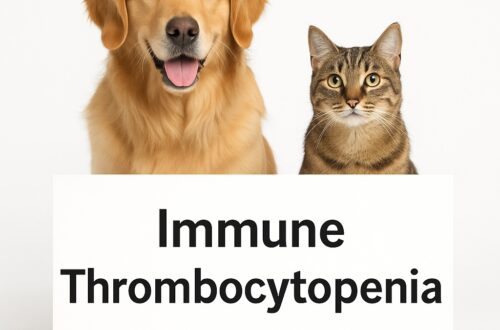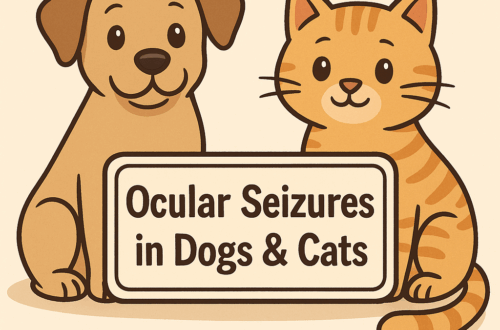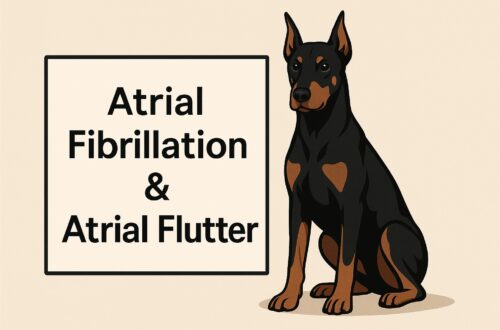Let’s first take an example from human medicine. If you’re worried about your heart, you would initially seek a consultation with your primary care doctor. This examination is absolutely essential, as this family physician typically has a long-standing relationship with you and knows your entire medical history. Put simply, your relationship with your primary care doctor is crucial! But if your primary care physician confirms you are living with a serious heart condition, you are referred to a cardiologist (a board-certified heart doctor). Let’s consider another example. If you need surgery, your primary care physician will refer you to a surgeon. Your family doctor does not (and is not allowed to) operate on you. In contrast, your family veterinarian is legally licensed to perform any accepted procedure on your pet with your authorization. So if your pet needs surgery, the question isn’t “Can my primary care doctor do the surgery?” but rather “Is my primary care doctor the best person to perform the surgery?”
Your pet’s relationship with your family veterinarian is quite similar to your relationship with your own primary care doctor. Your family veterinarian typically has known your pet (and perhaps all of your family’s pets) since puppyhood or kittenhood; they know your pet’s history inside and out, and they are most adept at managing your pet’s day-to-day health. On the other hand, veterinary specialists have unique expertise and specialized training. They work with patients that have complicated medical and surgical conditions. And because of their training and experience, they can make specific recommendations or discuss options to help you make the best possible treatment decisions for your pet. Without question, a board-certified veterinary specialist can be an invaluable member of a pet’s healthcare team.
Pet parents should never fear asking their family veterinarian for a referral to a board-certified veterinary specialist. I have heard many parents admit they were scared to hurt their pet’s primary care doctor’s feelings. But please remember – veterinary specialists always partner with primary care doctors to make sure fur babies receives the best possible care. And happily many primary care doctors appreciate the insight and assistance they receive from specialists.
When should pet parents seek consultation with a veterinary specialist?
Common reasons include:
- A pet’s condition isn’t responding to a family veterinarian’s initial therapy
- A pet’s condition is deteriorating
- A family (or primary care doctor) wants a second opinion
- A pet would benefit from 24/7 around-the-clock care
- A pet would benefit from access to specialized diagnostic equipment and/or therapeutic interventions
So when a diagnosis is known, veterinary specialists can confirm that diagnosis and a treatment plan, providing peace of mind for both a family and family veterinarian. Alternatively if a diagnosis is proving elusive or therapy is not proving effective, specialists may be better able to refine a diagnosis or adjust a treatment plan to get a patient back to the highest possible quality of life.
Wishing you wet nose kisses,
cgb




